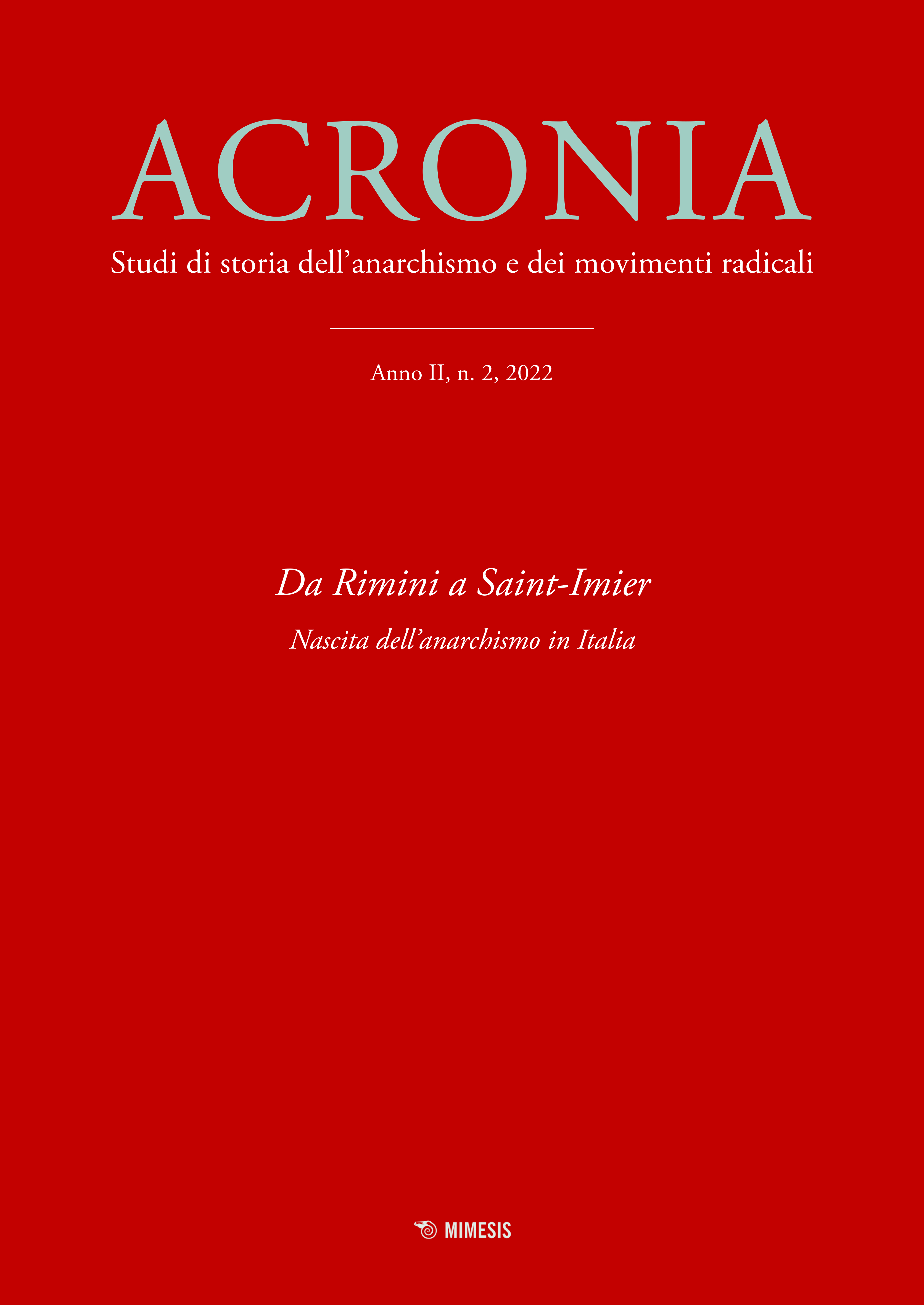Abstract
The most famous name is that of Amilcare Cipriani, but little is known about the other Italians who participated in the Paris Commune. There were the Garibaldians, the veterans of the Army of the Vosges, whose presence in the French capital on the eve of the revolt stimulated sympathy in the population. On the contrary, they were the object of the hatred of conservatives and clericals: they considered them subversive, “heretics and excommunicated” and feared them because of their military preparation. Other Italians took part in the insurrection, not always fighting on the barricades. Some were called to “civilian” positions, others served in hospitals and ambulances. Alongside what we could call “professional revolutionaries” we find doctors, sculptors, musicians. There were natives and above all many emigrants, who joined the revolt not out of conviction but out of necessity. Through different paths, in the spring of 1871 they all found themselves in Paris and paid with prison, deportation, even with their lives. In no other country did the repercussions of the events in Paris have the same magnitude as in Italy, where many young revolutionaries turned their backs on Mazzinianism to join the International. Tho this outcome, Garibaldi made a decisive contribution, defending the Commune, attacked by Mazzini, becoming the pole of attraction for a new political movement that steered Risorgimento democracy towards socialism.

